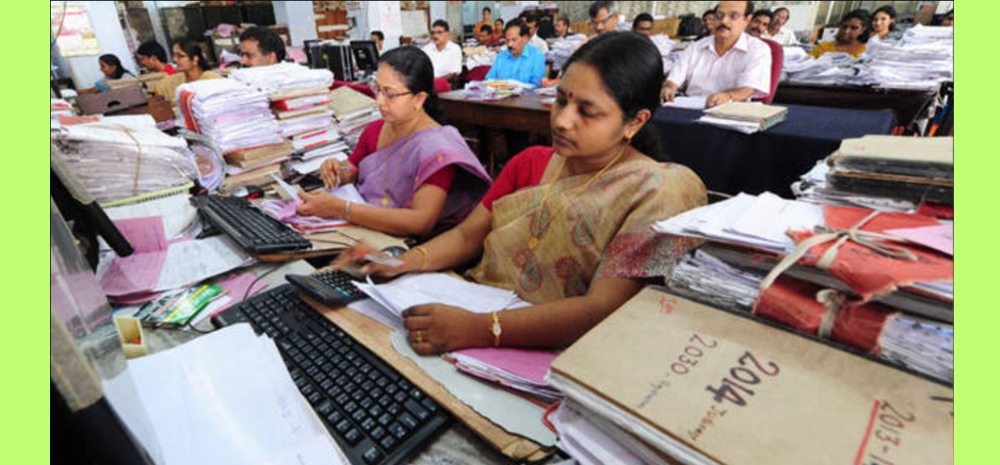In a recent development, the airlines refused to share airfare data with the Directorate General of Civil Aviation (DGCA).
Responding to the same, the aviation regulator said that they are examining the matter on Monday.
Airlines Refusing To Share Fare Data

Moving ahead, they are in communication with airline officials regarding the issue, said a senior DGCA official.
Further the official said, “We want to study the trend of air ticket prices following complaints by the public about high fares during peak seasons. Recently, during Mahakumbh, there were many such complaints. Tata Consultancy Service, the digitisation vendor for the DGCA, has been tasked with analyzing the matter.”
Following the complaints, the DGCA asked airlines to submit data on each passenger, such as the fare levied along with the booking date and the base fare, as well as the number of passengers on the flight in December.
They conducted their first meeting between DGCA and FIA over data sharing during the first week of January.
On March 3, DGCA held another meeting with airlines, requesting them to share fare data.
The Federation of Indian Airlines (FIA), expressed concerns regarding this request on behalf of its member airlines (Air India, IndiGo, and SpiceJet).
Significant Risks To Airline Confidentiality
Supporting the same, FIA written a letter to DGCA mentioning, “We must stress that the sharing of raw/granular fare data presents significant risks to airline confidentiality, operational viability, and market competitiveness. Given the highly competitive nature of the aviation industry, any potential data breach or mishandling could result in serious commercial implications. The exposure of sensitive fare data to multiple external agencies, including consultants and third parties, heightens the risk of unauthorized disclosure, strategic exploitation, and commercial setbacks for airlines.”
Further, the letter states, “Our member airlines operate in full compliance with Section 135 of The Aircraft Rules, 1937, with the prevailing airfare structure allowing airlines to sustainably operate while maintaining accessibility and service quality for passengers. It is crucial to recognize that airlines require pricing flexibility to accommodate seasonal demand fluctuations, fuel price volatility, and market conditions to maintain economic viability.”
The story started when the Civil Aviation Ministry decided to intervene in order to address the concerns over steep airfare prices, particularly for flights to Prayagraj during the 2025 Mahakumbh Mela.











